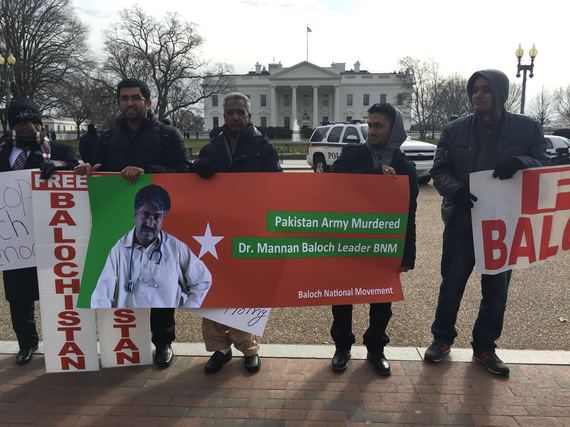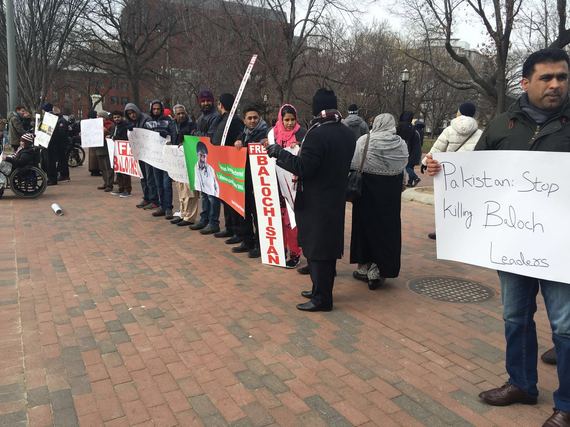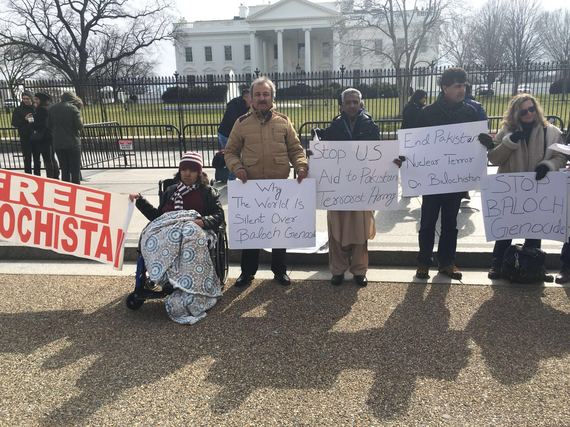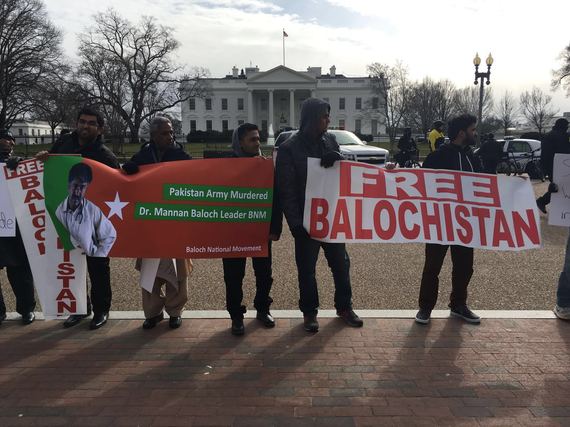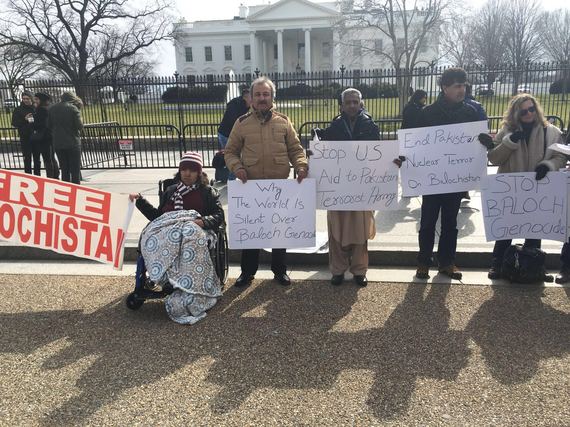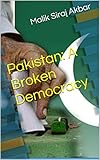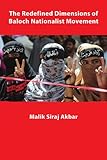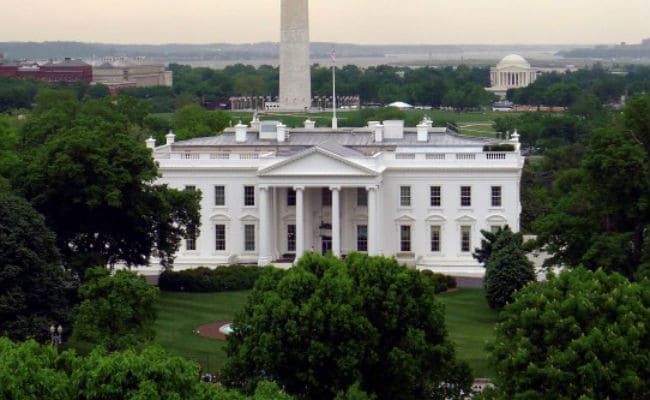On January 18, 2016, TTP militants detonated an improvised explosive device (IED) targeting an FC vehicle killing six FC personnel and injuring another one near the Margat FC check post in Quetta. Once again, Khorasani identified “TTP’s special unit Mujahideen Special Group (MSG)” as responsible for the attack, and that the attackers managed to escape after the operation.
On January 13, 2016, at least 15 people, including 13 Police personnel, an FC trooper and a civilian, were killed, while 25 were injured, when a suicide bomber blew himself up near a Government Health Centre in Satellite Town, of Quetta. TTP’s Khurasani claimed the attack in an email, but Azam Tariq, ‘spokesman’ for Jaish-ul-Islam (JuI), made a similar claim, asserting that the attack had been carried out by his group to avenge the torture of people in custody.
There had been a rise in violence against Security Force (SF) personnel in Balochistan since the beginning of 2016. According to partial data compiled by the South Asia Terrorism Portal (SATP), Balochistan recorded 35 SF fatalities in the first 37 days of the current year, as against 20 such fatalities during the corresponding period of 2015, an increase of 75 per cent.
This conforms to the rising trend visible through 2015. Though overall terrorism related fatalities in the Province declined from 653 in 2014 to 635 in 2015, fatalities among SFs increased from 83 such in 2014, to 90 in 2015 had.
Balochistan has already recorded at least 86 terrorism-related fatalities, including 38 militants, 35 SF personnel and 13 civilians, in the first 37 days 2016. During the same period of the preceding year, the Province recorded 39 such fatalities, including 20 SF personnel, 12 civilians and seven terrorists. These are early signs of a deteriorating security environment, against declining fatalities in years 2014 and 2015. Such fatalities had also increased on a year-on-year basis between 2011 and 2013.
According to the SATP database, Balochistan recorded 635 fatalities through 2015, including 298 militants, 247 civilians and 90 SF personnel; in comparison to 653 such fatalities, including 347 civilians, 223 militants and 83 SFs in 2014. The number and lethality of suicide attacks in the Province also decreased considerably, with just one such incident resulting in two fatalities – the suicide bombers who blew themselves up when intercepted by SFs – in 2015; as against four such attacks resulting in 12 deaths and 64 injuries in 2014. The Province also witnessed a decrease in bomb blasts and resultant fatalities, from 84 incidents and 132 deaths in 2014, to 60 incidents and 80 deaths in 2015. While the number of major incidents (each involving three or more fatalities) increased in comparison to the previous year, fatalities in these incidents remained low. As against 56 major incidents, resulting in 415 fatalities in 2014, 2015 recorded 74 such incidents, resulting 397 fatalities. Meanwhile, Quetta, the provincial capital, also registered a slight increase in terrorism related incidents, from 100 in 2014 to 102 in 2015. However, attacks on gas pipelines decreased from 17 in 2014 to 10 in 2015.
The official record corroborates these trends. According to an official document released by the Provincial Home Department on November 6, 2015, acts of terrorism as well as sectarian and targeted killings declined by 50 per cent in Balochistan over the preceding two years. Statistics released indicated that 27 people were killed and 13 were wounded in incidents of sectarian killing in 2015, till September, significantly less than the figures for 2014, when 91 people were killed and 129 were wounded. It is a further and marked improvement over 2013, when 258 people were killed and 478 were injured in sectarian incidents. There has also been a significant decline in attacks on settlers, mostly Punjabi- and Urdu-speaking residents of Balochistan. In 2010, around 113 settlers were killed. However, this figure dropped to 91 in 2014, and 36 in 2015.
Attributing the successes to the National Action Plan (NAP), Provincial Home Secretary Akbar Hussain Durrani stated, on December 28, 2015, that more than 9,000 suspected militants and criminals were arrested by Police, Levies, Frontier Corps and Intelligence Agencies in Balochistan as a part of the NAP in 2015. He claimed that a total of 1,973 intelligence based-operations were conducted in Balochistan to arrest elements involved in targeted killings, bomb explosions and kidnappings: “Innocent people were freed, whereas the criminals were charged.” Durrani added, further, “Balochistan Government implemented 17 out of 20 points under NAP to bring an end to unrest and maintain law and order situation.” The 20-point NAP was implemented in the country in the aftermath of December 16, 2014, militant attack on the Peshawar Amy Public School, in which 148 persons, including 135 school children, were killed.
Extra judicial killings by state agencies and their proxies remain rampant. Through 2015, 247 civilians were killed in Balochistan, of which some 114 were attributable to one or other militant outfit. The remaining 143 ‘unattributed’ fatalities are overwhelmingly the work of the state apparatus and its surrogates. Of the 3,580 civilian fatalities recorded in Balochistan since 2004 [data till February 7, 2016], at least 922 civilian killings are attributable to one or other militant outfit. Of these, 361 civilian killings (205 in the South and 156 in the North) have been claimed by Baloch separatist formations, while Islamist and sectarian extremist formations – primarily LeJ, TTP and Ahrar-ul-Hind (Liberators of India) – claimed responsibility for another 561 civilian killings, 554 in the North (mostly in and around Quetta) and seven in the South. The 361 civilian killings attributed to Baloch formations include at least 153 Punjabi settlers since 2006. The remaining 2,658 civilian fatalities – 1,612 in the South and 1,046 in the North – remain ‘unattributed’. A large proportion of the ‘unattributed’ fatalities, particularly in the Southern region, are believed to be the result of enforced disappearances carried out by state agencies, or by their proxies, prominently including the Tehreek-e-Nafaz-e-Aman Balochistan (TNAB, Movement for the Restoration of Peace, Balochistan). The large number of unattributed civilian fatalities strengthens the widespread conviction that Security Agencies engage in “kill and dump” operations against local Baloch dissidents, a reality that Pakistan’s Supreme Court has clearly recognized.
The Voice for Baloch Missing Persons (VBMP) noted, on January 1, 2016, that approximately 463 people were forcefully disappeared while 157 mutilated bodies were recovered from Balochistan in 2015. Nasrullah Baloch, Chairman of VBMP, observed, “The VBMPS report is based on documents received from Missing persons’ families, Human Rights Organization and political parties,” adding that number of enforced disappeared persons in 2015 could be higher, as the Government recently admitted to having arrested 9,000 people under NAP from Balochistan in 2015.
While Islamabad deploys disproportionate and lawless force against to suppress all Baloch dissidence, including political activists raising genuine grievances, the response against Islamist terror outfits remains feeble. This is despite the fact that the Forces engaged in the ‘fight against terror’ have lost far more personnel to these Islamist groupings than to Baloch insurgents.
While North Balochistan is afflicted by Islamist extremist groups such as TTP and the Lashkar-e-Jhangvi (LeJ), Baloch insurgent groups operate in the Southern part. The major Baloch armed formations include Baloch Republican Army (BRA), Baloch Liberation Army (BLA), Balochistan Liberation Tigers (BLT) and United Baloch Army (UBA).
Separately, in a major setback to the Baloch people’s sentiment, an Anti-terrorism Court (ATC) in Quetta acquitted former President General (Retd.) Pervez Musharraf on January 18, 2016, in the case of the murder of Baloch nationalist leader Nawab Akbar Bugti. The Court also acquitted Former Federal Home Minister Aftab Khan Sherpao and former Provincial Home Minister Shoaib Nosherwani. In January 14, 2015, an ATC had indicted Musharraf, Sherpao and Nausherwani in the murder case. Musharraf, who was President at the time, had directed a military operation in which Jamhoori Watan Party (JWP) leader Nawab Akbar Bugti was assassinated along with 38 of his comrades in the mountains of Dera Bugti on August 26, 2006.
The Government’s apathy towards the Baloch and to development in the Province continues to be reflected in the region’s economic human development profile, despite its enormous wealth in natural resources, and the location of a range of high profile projects backed by China. The impact of these projects on local populations has been nil, and outside workers have been brought in, to the exclusion of locals. Numberless programmes and packages have been announced for the development of Balochistan and, on August 6, 2015, Prime Minister (PM) Nawaz Sharif approved another, the Pur-Aman (Peaceful) Balochistan programme. Given the past record, however, there is a question mark against the potential success of this programme as well.
Significantly, the Aghaz-e-Haqooq-e-Balochistan (Beginning of the Rights of Balochistan) package, which was launched by then Prime Minister Yousaf Raza Gilani with much fanfare on November 23, 2009, failed to bring progress to the Province. On its own admission, the Government has only been able to implement 15 of the 61 proposals contained in the package.
Even if these programs bring some development to the region, this would be too little too late. Indeed, Brahamdagh Bugti, the separatist leader of the Balochistan Republican Party (BRP), on August 26, 2015, observed, “Development in Balochistan is irrelevant, as a democratic Government is not present in the Province and the Baloch people were not included in the decision.”
* Tushar Ranjan Mohanty
Research Associate, Institute for Conflict Management
